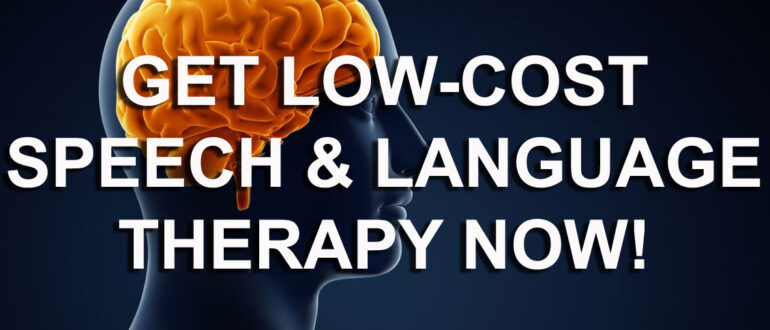The field of stroke aphasia is witnessing a new wave of developments, pushing beyond traditional speech and language therapy (SLT) toward technologically enhanced and personalised care. Recent news and academic publications from 2025 highlight significant advancements in digital health, novel surgical techniques, and interdisciplinary care models aimed at improving long-term outcomes and quality of life for stroke survivors.
For example, new research, including a randomised controlled trial published in March 2025, shows that generative AI chatbots can effectively support the emotional well-being of neuro-rehabilitation patients. For stroke survivors, these AI companions can monitor subtle changes in mood and communication patterns between therapy sessions, helping to detect early signs of depression and anxiety.
Technology-supported aphasia therapies delivered via computers, tablets, or virtual reality (VR) continue to offer new avenues for intensive, long-term care. The Big CACTUS trial confirmed the superiority of self-managed, computerized SLT over usual care for chronic aphasia. Similarly, the online virtual environment “EVA PARK“ uses a fantasy island context to provide engaging, real-life communication scenarios. In acute stroke care, AI software is being used to interpret brain scans more rapidly. Early analysis from NHS England suggests this can reduce the time to treatment by over an hour, potentially tripling a patient’s chances of a full recovery.
A clinical trial published in The BMJ in June 2025 has demonstrated the effectiveness of combining a type of neck surgery (C7 neurotomy) with intensive SLT for patients with chronic post-stroke aphasia and arm spasticity. Patients receiving both treatments showed greater improvement in communication abilities than those who received SLT alone.
The European Stroke Organisation (ESO) guidelines, published in May 2025, reinforce the importance of intensive and frequent SLT. It recommends at least 20 hours of therapy, four or more days per week, and notes that digital or group therapy can augment traditional one-on-one sessions.
Further research reinforces the critical need for better long-term support for stroke survivors, particularly for non-motor complications like fatigue, sleep disturbance, and depression. These issues are often under-recognised and under-treated but can significantly impact recovery and quality of life. These recent developments demonstrate a shift toward more integrated, personalised, and technology-assisted approaches in stroke aphasia care.



